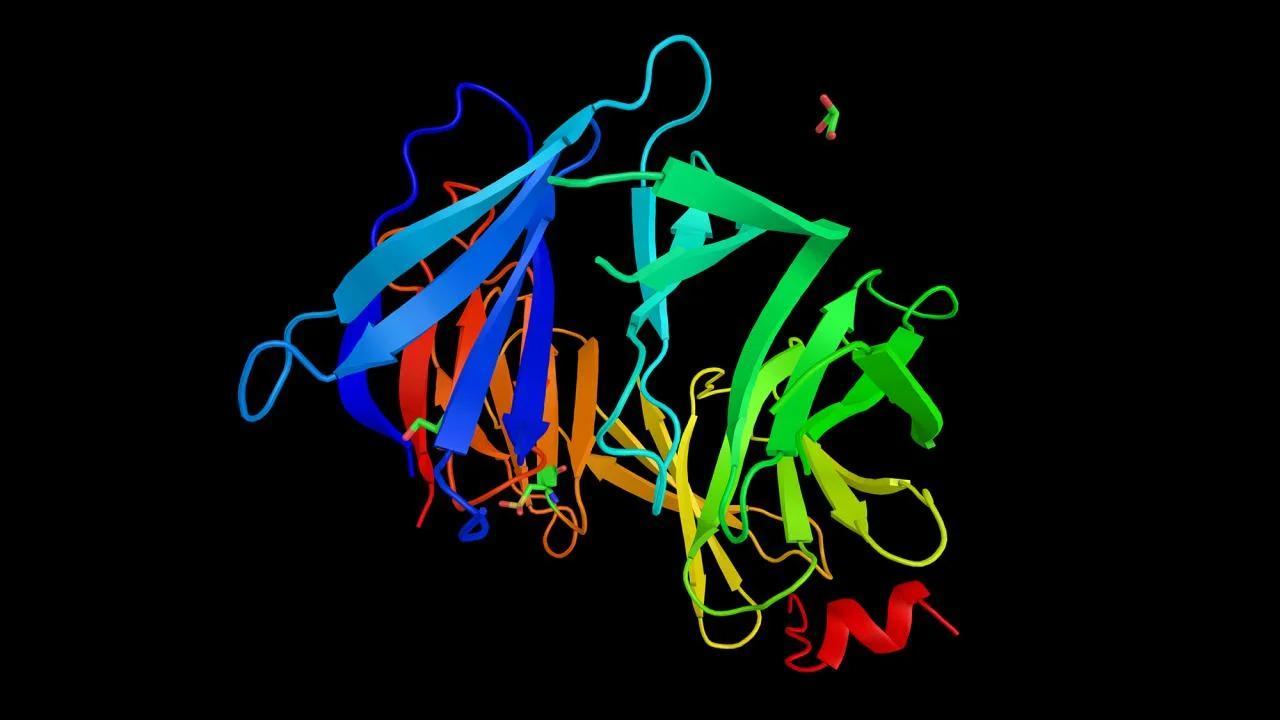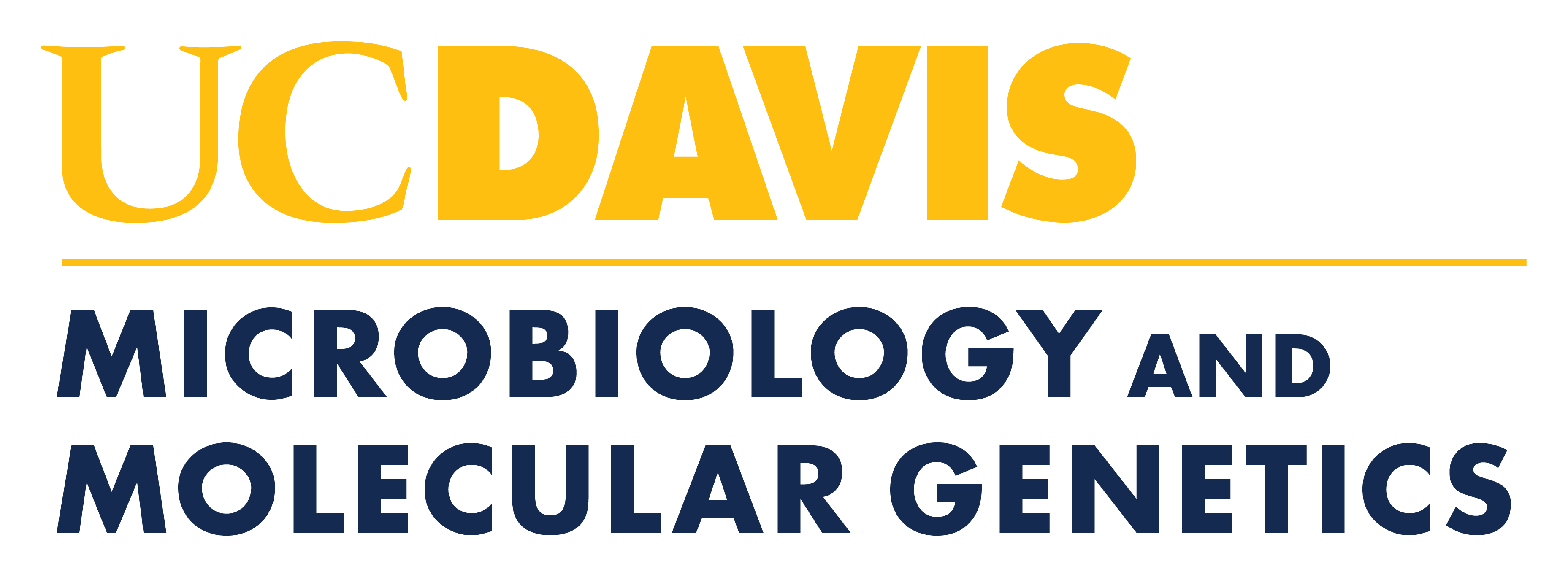
Understanding Why BRCA2 Is Linked to Cancer Risk
A new study shows exactly how the gene BRCA2, linked to susceptibility to breast and ovarian cancer, functions to repair damaged DNA. By studying BRCA2 at the level of single molecules, researchers at the University of California, Davis, have generated new insights into the mechanisms of DNA repair and the origins of cancer. The work was published the week of March 27 in the Proceedings of the National Academy of Sciences.
“Elucidating the function of BRCA2 is essential for understanding the molecular etiology of cancer development in breast and ovarian cells, as well as many other cell types including prostate,” said Stephen Kowalczykowski, distinguished professor of microbiology and molecular genetics in the UC Davis College of Biological Sciences.
By visualizing BRCA2 function at a single molecule level, Kowalczykowski’s team discovered that it acts as a molecular chaperone, delivering another protein, RAD51, to single-stranded DNA. It ensures formation of a functional filament of RAD51 and the repair of broken DNA.
Read the full article here.
